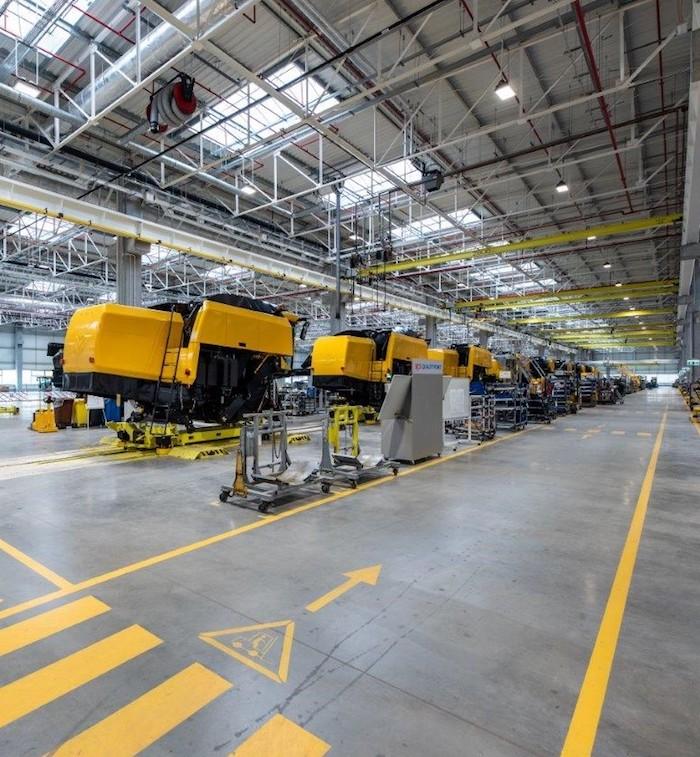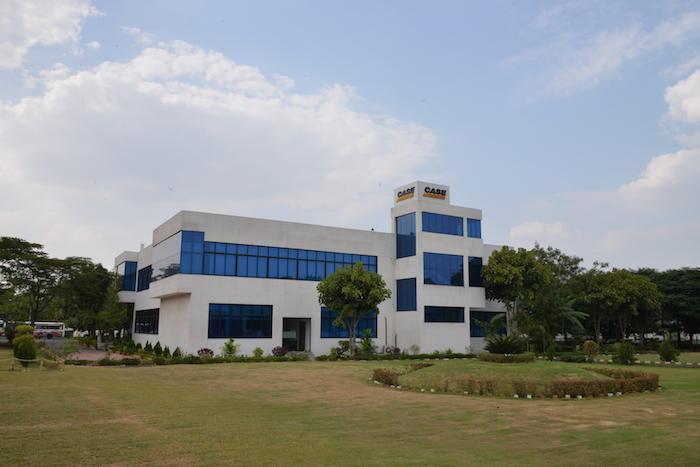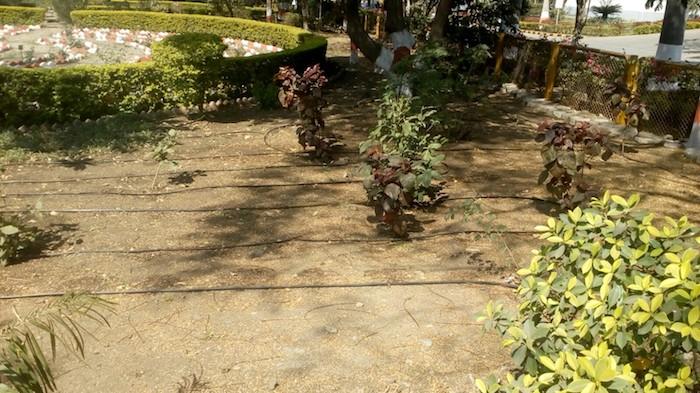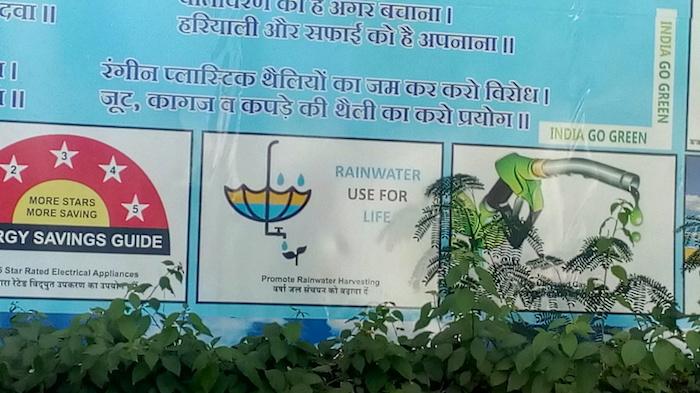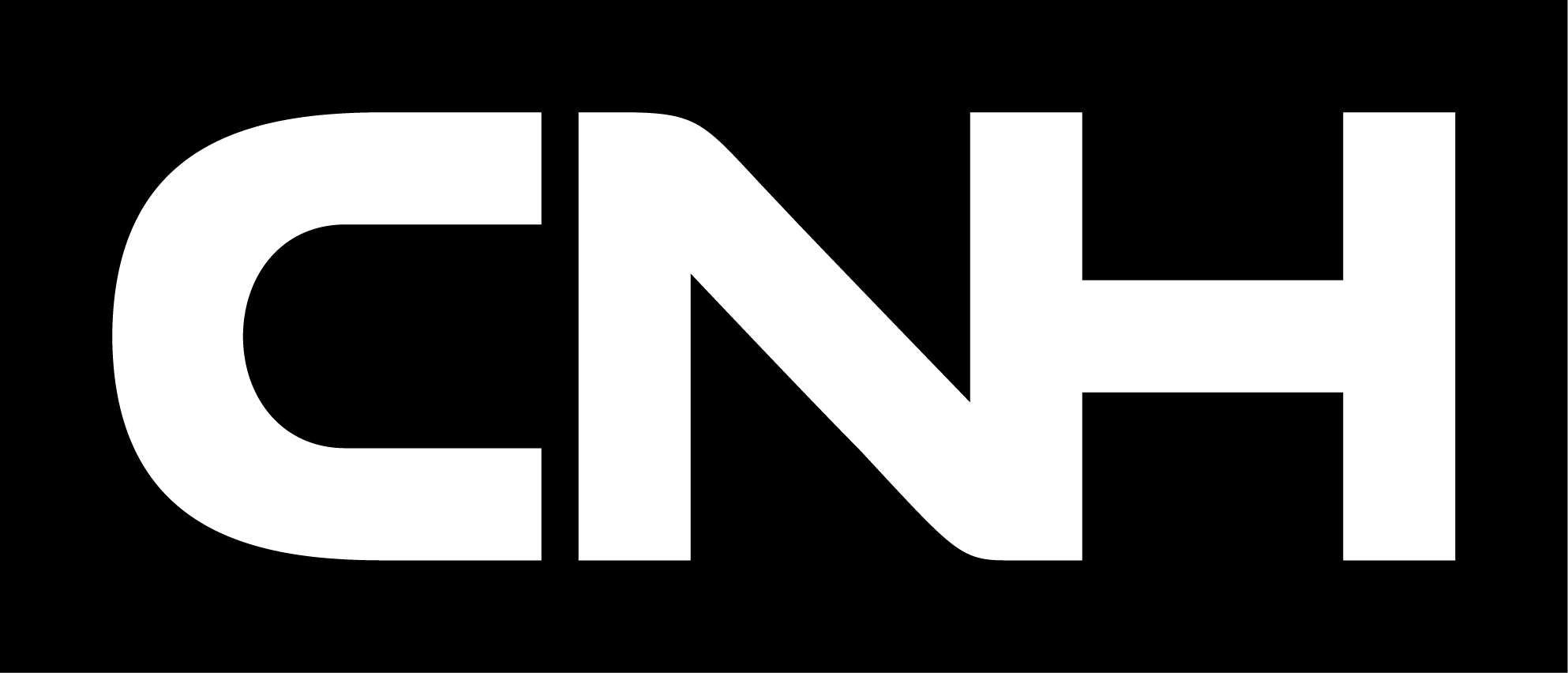Smart About Water. How CNH Industrial Is Approaching Water Management Sustainably
“When the well’s dry, we know the worth of water.” The words of Benjamin Franklin, one of the Founding Fathers of the United States, have never been more pertinent. Water is one of our most precious resources but supplies are under increasing pressure. CNH Industrial N.V., a leading global capital goods manufacturer, is committed to implementing good water management to reduce wastage of this vital natural resource.
Protecting the world’s water resources is of uppermost importance to maintain healthy ecosystems. The need for good water management has never been more urgent as growing populations and increasingly intensive agriculture and urbanisation put mounting pressure on the world’s groundwater supplies.
Sustainable water usage
Beyond environmental stewardship, CNH Industrial believes that the sustainable management of water is also critical from a business perspective. The Company has long promoted sustainable water development at its manufacturing sites and in its offices. These efforts include increasing the efficiency of processes, reducing water consumption and loss, and facilitating recirculation. With regards to the latter, the use of recycled water reduces withdrawals from external sources, improving water independence and the availability of water for local communities. And while the scarcity of water resources and related issues represent a potential risk, it can also drive improvement and innovation within the manufacturing process.
CNH Industrial mainly draws water for industrial use, specifically for painting, cooling, washing and machining. Each local plant has its own mandate to reduce water requirements and waste water volumes without compromising quality standards.
A key Company target is to cut water withdrawals per production unit by 24% by 2022 (compared to 2014). Accordingly, all manufacturing sites contribute to cutting water consumption by setting specific targets. In terms of water withdrawal per production unit, the figure for 2019 dropped more than 4% compared to 2018.
Saving every drop: Plock, Poland
Armed with the knowledge that there is a compelling business case for spending less through the effective use of water supplies, the issue takes on even greater significance.
The manufacturing plant in Plock, Poland, a site producing combine harvesters for the New Holland Agriculture, a global agricultural brand of CNH Industrial, recently implemented water reduction and recycling initiatives.
“Our biggest area of focus was the painting process, which used large amounts of water. First, we installed a reverse osmosis system – which purifies water using a semi-permeable membrane – in the pre-treatment area. With this, we also replaced an existing filtration system with new sand and carbon filters, using fewer chemicals,” explains Joanna Fabisiak, Environmental Specialist at the New Holland plant in Plock. “Another initiative involved the use of treated wastewater, rather than fresh water, for the ‘curtain’ that acts as a barrier to keep excess paint spray within the painting booth.”
Together, these changes reduced water consumption at the site by 30,000m3 – down 37% from the baseline before the measures were introduced. Wastewater fell by 50%, and the changes saved the site more than USD $90,000. And there is no stopping the Plock team: they are currently switching to a powder paint process that calls for a dry painting booth.
Constructive solutions: Pithampur, India
Meanwhile across the globe, efficiency efforts are well underway at the Pithampur, India plant, which manufactures compactors and backhoe loaders for the Company’s global CASE Construction Equipment brand. Analysis showed that over half the plant’s water consumption was used on the lawns and trees surrounding the factory. This was being carried out manually, using hoses with no spray attachments. In response to quelling this inefficient practice, an underground drip-irrigation system was introduced to water plant roots, using electronically controlled valves and meters. The plant saved some 4,500m3 of water as a result.
The local team also decided to build detention dams for storm drains where possible in order to catch the deluge of runoff rainwater which hits the area during monsoon season. What would have been totally wasted water, was instead harnessed for various construction projects.
Turning the tide
Smart and ethical water management practices have never been more important. Working to assist in conserving and protecting this resource, CNH Industrial is a vocal advocate for wiser water measures. Its efforts include supporting the Tunisian government to help build and repair traditional water-collection systems, and improve agricultural methods by training local farmers in best practices; creating orchards, wooded areas and vegetable gardens for families.
The Company’s drive for increased water sustainability has pushed it to adapt and innovate, saving resources and money, and engaging staff and communities in wiser water practices. It’s one of the reasons why CNH Industrial is on the CDP* Water Security ‘A’ list of global leaders in water management, one of only 72 corporations regarded as global leaders in this field. This article describes only a few of the projects which illustrate CNH Industrial’s commitment to the sustainable management of water. The Company’s recently published 2019 Sustainability Report offers further insight into how the Company is striving to protect water resources in a number of regions worldwide.
*The CDP is a not-for-profit charity that has set up an international system to allow companies such as CNH Industrial to measure, manage and disclose the environmental impact of their activities.

